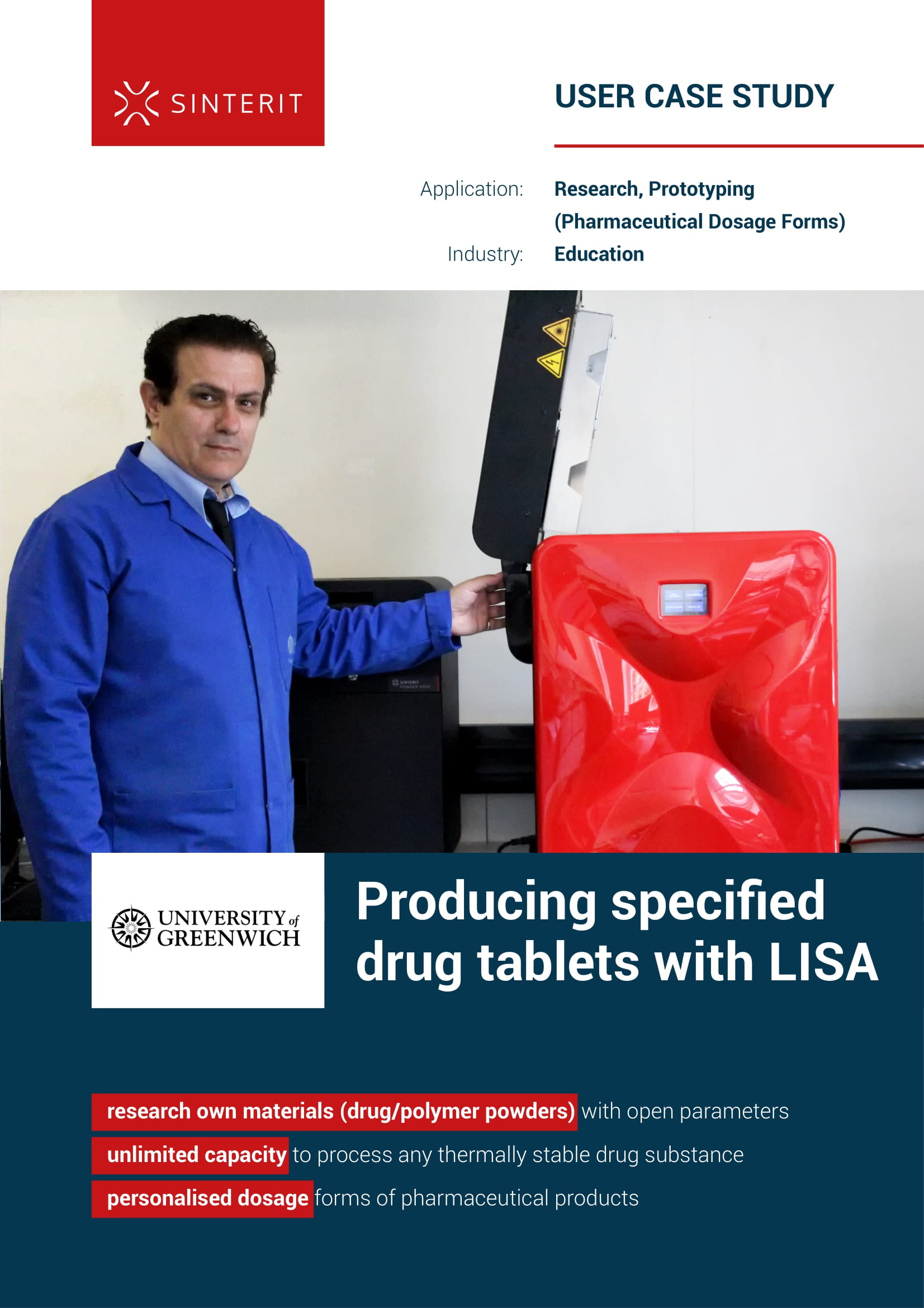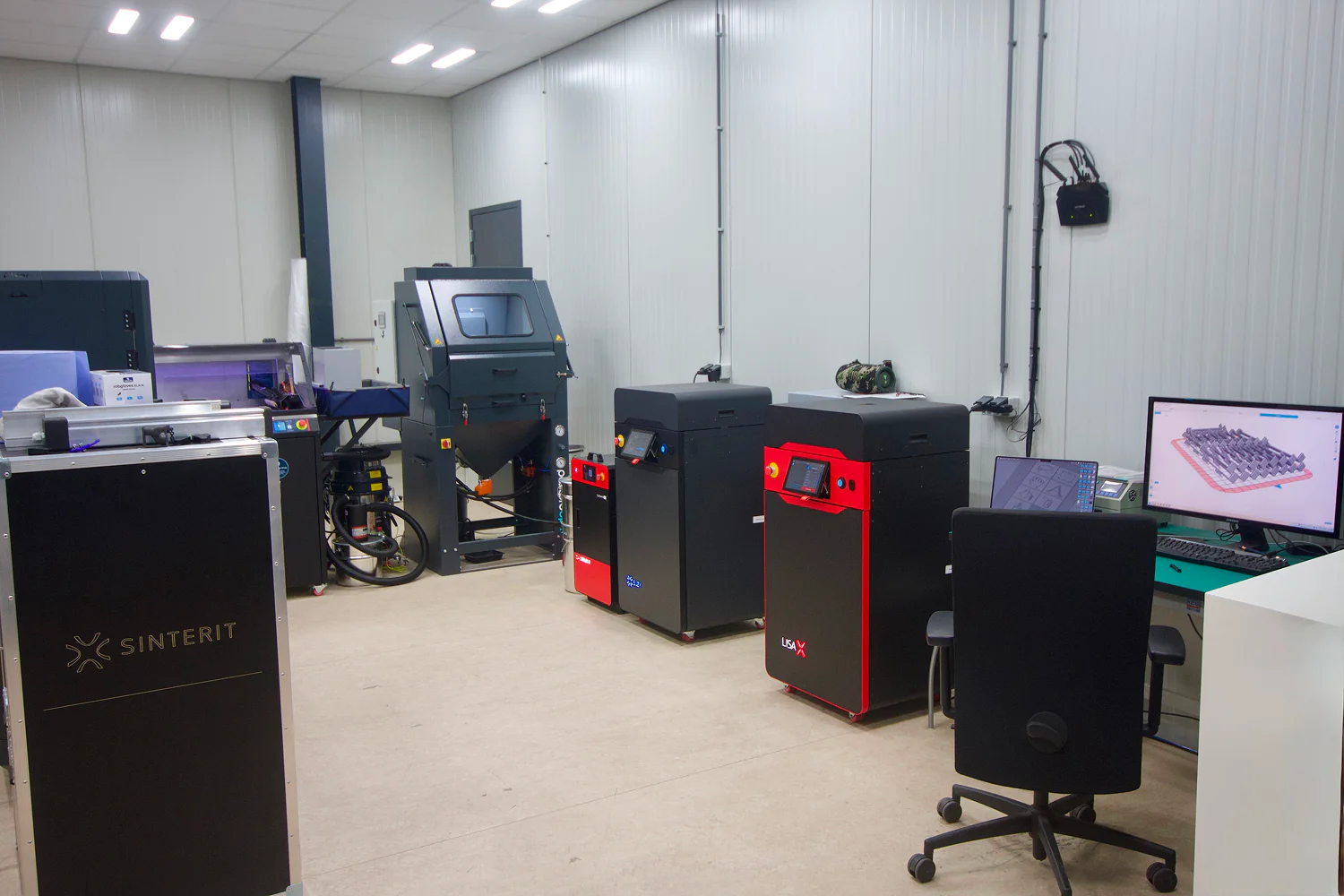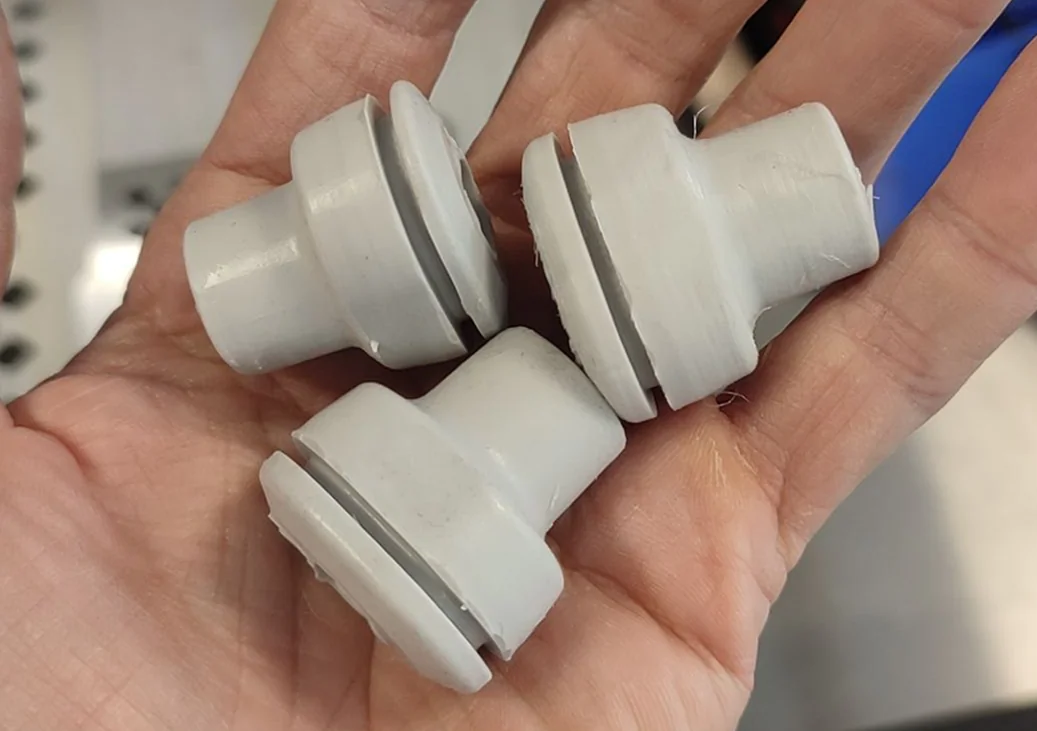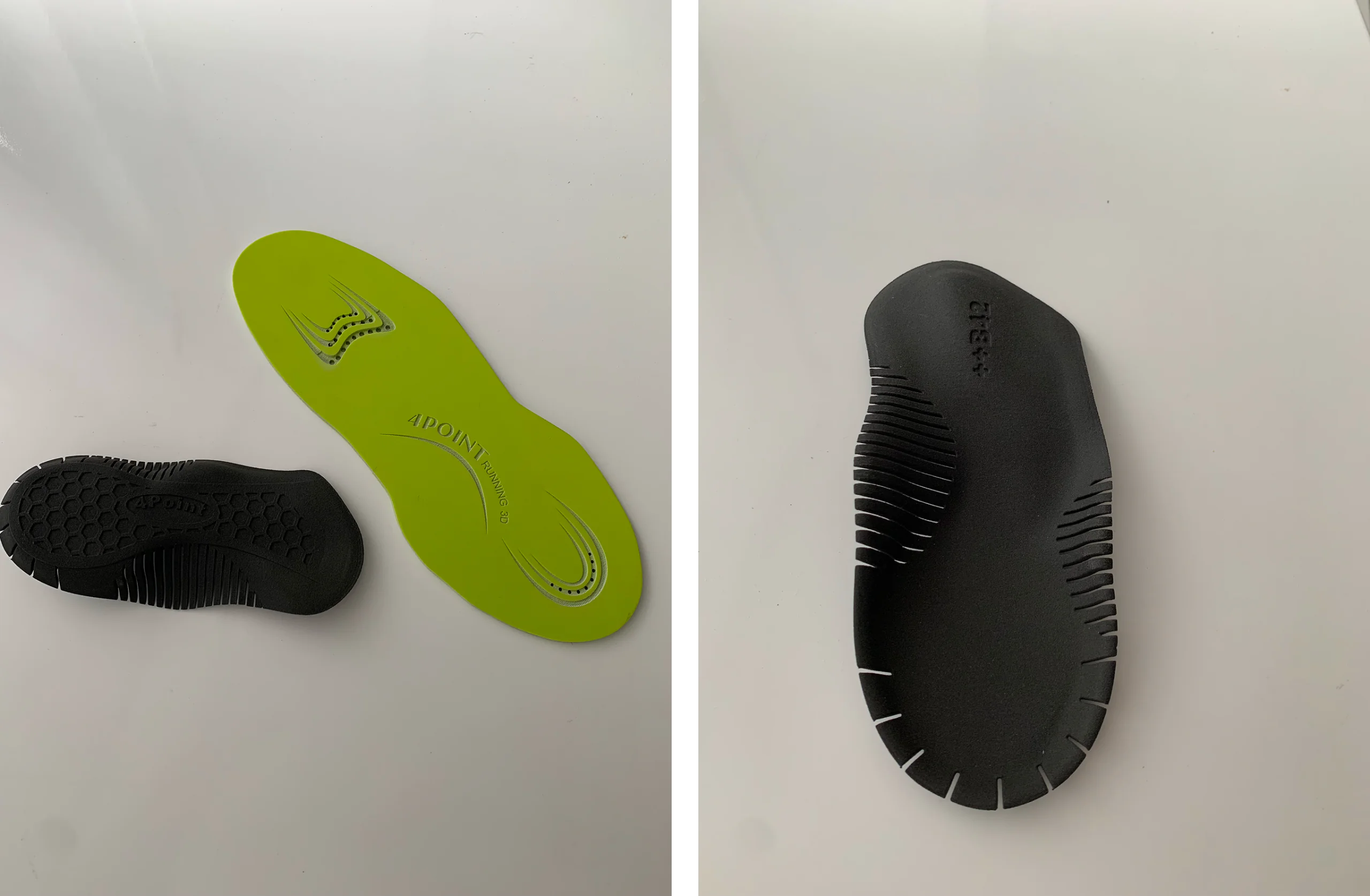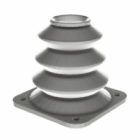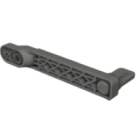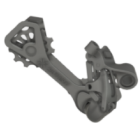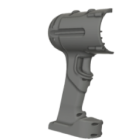Producing specified drug tablets with LISA
- showing a design concept research own materials (drug/polymer powders) with open parameters
- prototype new products unlimited capacity to process any thermally stable drug substance
- perform functional personalised dosage forms of pharmaceutical products
Background
The Centre for Innovation and Process Engineering Research (CIPER) has a worldwide reputation on the implementation of 3D printing technologies for the development of pharmaceutical dosage forms and medical devices. The Centre has attracted significant funding from industry and also EU Research Programs (e.g., INTERREG 2 Seas).
The Sinterit technology was used to optimize a wide range of pharmaceutical products in the form of tablets. The technology was coupled with Hot Melt Extrusion for the engineering of SLS printable powders. By using a wide range of polymers, they were able to print tablets with immediate, controlled and sustained release of drug products.
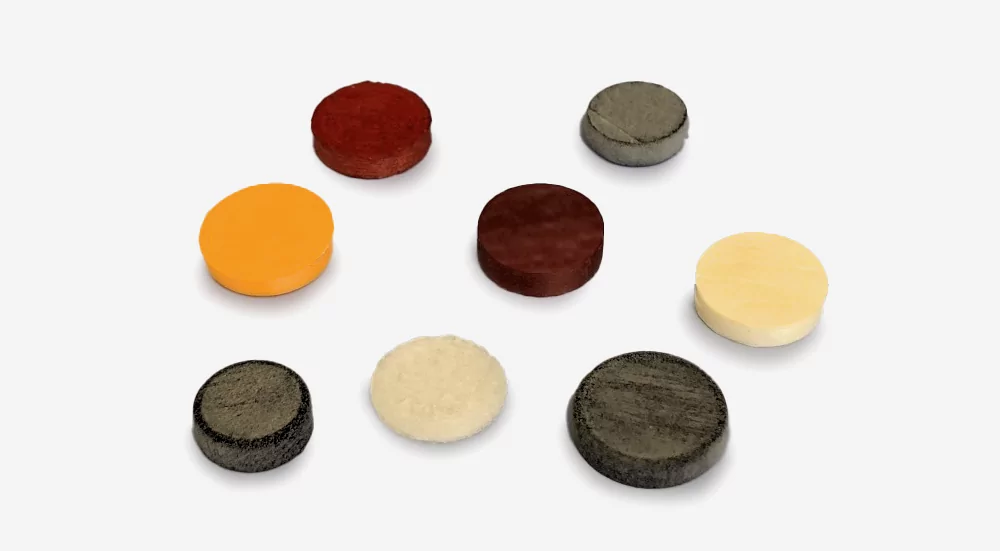
Learn more
How Lisa can improove your research?

Problem
They were looking for a technology that can print extruded or granulated powders loaded with drug substances and that would not depend on the development of printable filaments. In addition, Sinterit technology helped to design and print tablets with complex geometries. More importantly it allowed the printing of several pharmaceutical grade polymers and produce tablets with drug amounts that was impossible to process with other techniques.
The technology gives unlimited capacity to process any thermally stable drug substance. Another important advantage is that allows them to accurately print tablet doses with different drug strength in the same batch and thus developed personalized dosage forms according to the need of the patients.
Solution
University of Greenwich bought Sinterit Solution in 2020 and they were able to print their designed structures within one month. The easy-to-use software is one of the major advantages of the technology. Also, the fact that they can control the powder amounts (very important for expensive drugs) and the processing parameters (e.g., environment temperature, bed temperature) makes the technology unique for their applications. The post processing equipment was very helpful to produce tablets without any unbound powder.
The technology is cost effective for the printing of pharmaceutical tablets as it reduces processing steps while it allows the printing of several tablets in batch-to-batch process. Sinterit can be used for the R&D but also printing of pharmaceutical products and more importantly for personalised dosage forms.
Visit our customer’s website:
- showing a design concept research own materials (drug/polymer powders) with open parameters
- prototype new products unlimited capacity to process any thermally stable drug substance
- perform functional personalised dosage forms of pharmaceutical products

